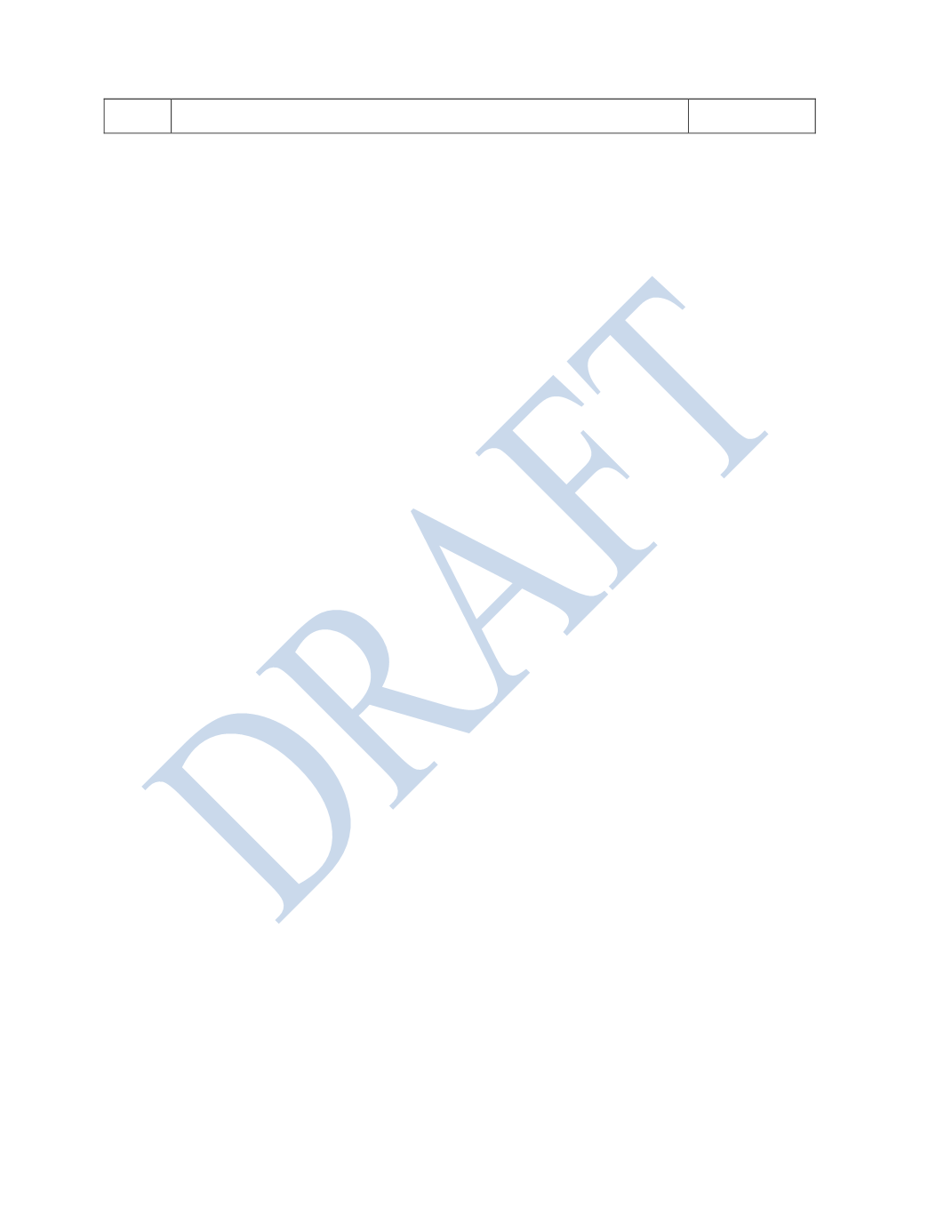

127
DoDEA School Health Services Manual 2942.0 Volume 1 Revised: 2016 DRAFT
I-8
Safe Administration of Medications Guidelines
Page 2 of 2
Safe Medication Administration
1.
When preparing and administering medications, devote your full attention to the
task. DO NOT become distracted by answering the phone or talking to students,
etc. Medication errors are common when full attention is not given to preparing
and administering the correct medication for the correct student. In the event of a
medication error, complete SHSM Form H-3-5, “Medication Incident Report.”
Provide a copy to parent/sponsor/guardian and the principal.
2.
Read information in the substitute nurse folder about the signs and symptoms of
adverse reactions for the medications you will be giving. Complete SHSM Form H-
3-10, “Medication In-service,” located in the folder.
3.
Students should come to the Health Office to receive their scheduled daily
medication at the appropriate time/s automatically. If a student does not arrive at
the appropriate time, and has not shown within 45 minutes of that time, call the
teacher to see if the student is absent or just forgot to come for their medication.
4.
Document when students are absent or the reason they did not get their
medication on the medication log form, using the approved electronic SIS or on a
medication administration log (SHSM Form H-3-2-1).
5.
Procedure: IT IS IMPORTANT TO REMEMBER
"Client R ights of Medicat ion”:
RIGHT
PATIENT
RIGHT
MEDICATION
RIGHT
DOSE
RIGHT
ROUTE
RIGHT
TIME
RIGHT
DOCUMENTATION
RIGHT
REASON
RIGHT
RESPONSE
IT IS IMPORTANT TO READ THE LABEL ON THE CONTAINER
THREE TIMES:
ONCE WHEN YOU TAKE THE CONTAINER FROM STORAGE
ONCE WHEN YOU POUR THE MEDICATION
(
i.e., take it from the container
)
ONCE WHEN YOU REPLACE THE CONTAINER IN STORAGE
6.
Secure the medicine storage container after each medication is given.
7.
Handle “PRN” (as needed) medications with the same caution as daily medications.
These medications are recorded using the approved electronic SIS or on a
medication administration log (SHSM Form H-3-2-1).



















